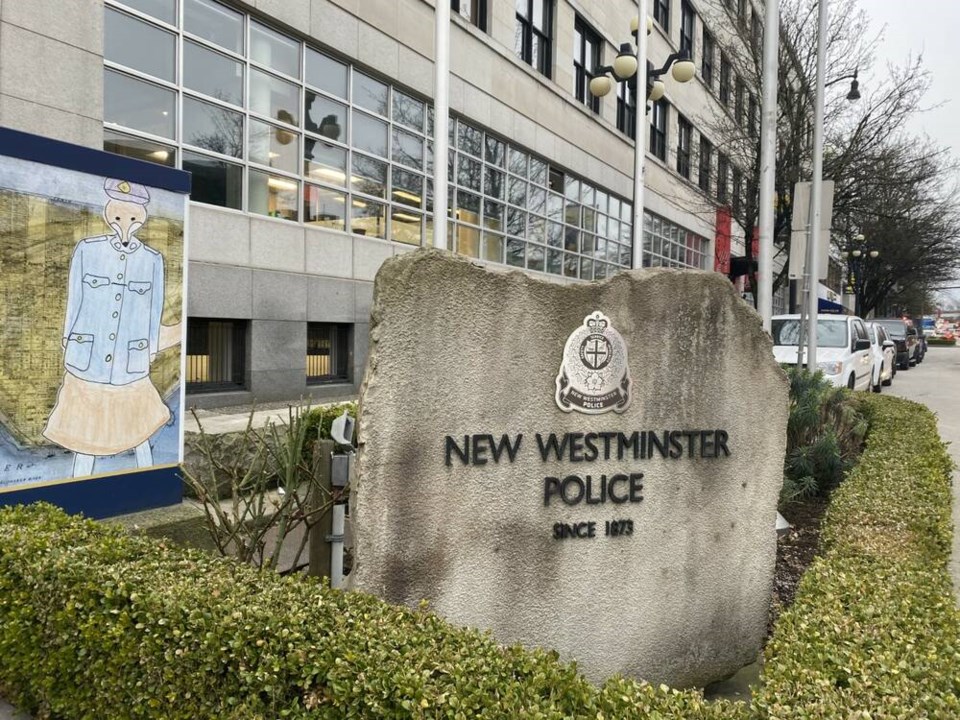New West police officers won’t be restricted to having “professional” hair colours.
At its February meeting, the New Westminster police board received the new personal grooming and appearance standards policy for its consideration. Police board member Drew Hart questioned how the department defined the “hair colours that are not professional” cited in the report.
“I have a problem with that line,” he said. “I personally, as a member of the board, wouldn’t be offended if there is a blue-haired constable.”
Chief Const. Dave Jansen said New Westminster Police Department staff would look at the draft policy and report back to the board. The policy, which is intended to ensure each member of the New Westminster Police Department projects a professional public image, covers topics like hair, facial hair, tattoos and body art.
At its April meeting, the board received a new “dress and deportment standards” policy for its consideration. References to professional hair colour have been eliminated from the new policy.
“Good job,” Hart said of the policy, which was approved by the board.
Changes coming to police board?
Two new members have taken their seats at the New Westminster police board table.
Former city councillor Mary Trentadue and New West resident and restaurateur Alejandro Diaz were recently appointed to the police board and attended their first meeting in April. Mayor Patrick Johnstone, who became chair of the police board after being elected mayor in the fall of 2022, welcomed the pair to the board.
“I’m also new to the board. I’ve been learning a lot from the people who are already here and from the (police) members who are helping us on the board,” he said. “It’s still very much a learning curve.”
Johnstone said the board has already discussed having a deeper conversation about governance, openness and public accountability.
“It could be an exciting time in the police board,” he said at the April meeting.
Johnstone said the board will have to have a conversation about how to improve its openness and public accountability. He noted police boards have a lot of leeway in their decision-making.
“One of the things I was surprised to hear at that (police board) training was the police board can do whatever it wants; there’s actually very few constraints on how we manage governance, everything from how we run meeting to how we decide to meet to where,” he said. “It’s really up to us as a police board to decide how we do that. And so it’s be fun to try to go through to do that work.”
Johnstone told the board that city council will also be considering a motion aimed at creating fuller discussions between council and the police board about the police department’s budget. He said that will also help ensure the police board is more accountable to the public and is transparent about the work it does.
The location of police board meetings may also be another conversation topic for the board.
Johnstone said it may be easier for staff to meet at the police station, but that’s not the best location for community members.
“I don’t think this is the most open room for the public to come and take part if they want to, so I think that’s part of our conversation will be about being more about how we meet,” he said at the April meeting. “Maybe we should have a conversation with the city about facilities we might be able to use.”
Grant for naloxone kits
The province is providing the police department with funding to help with the costs of buying naloxone kits.
The Ministry of Public Safety and Solicitor General has informed the New Westminster Police Department that it will be receiving a $6,897 in grant funding for the purchase of at least 55 naloxone kits.
“The opioid overdose public health emergency continues to be a priority for the province,” said the ministry’s policing branch in a letter to Chief Const. Dave Jansen. “To bolster the efforts to prevent illicit drug overdoses and related death, additional grant funding has been allocated to support naloxone availability and enhance the capacity of police to protect themselves and their colleagues and support harm-reduction efforts related to toxic street drugs.”
According to the letter to the police chief, the naloxone its will be used for NWPD members who may have inadvertently been exposed to an opioid and to treat citizens experiencing an opioid overdose.




